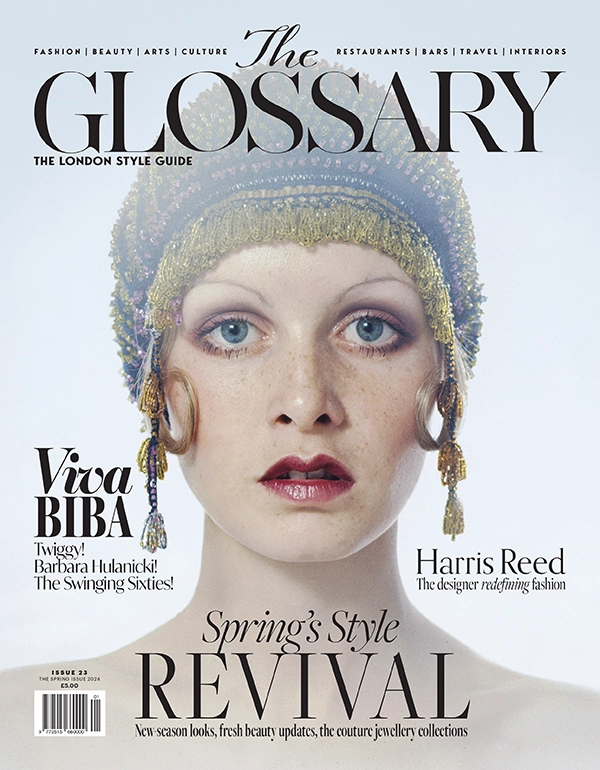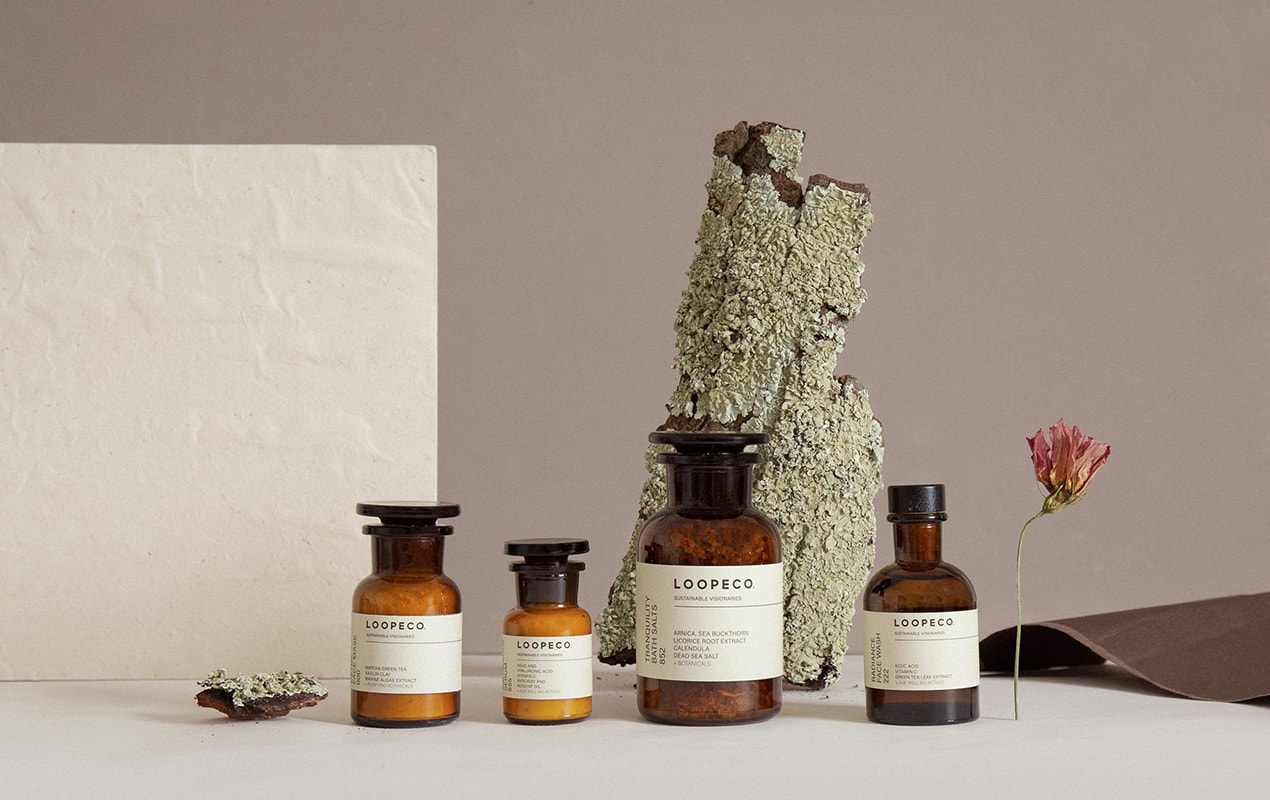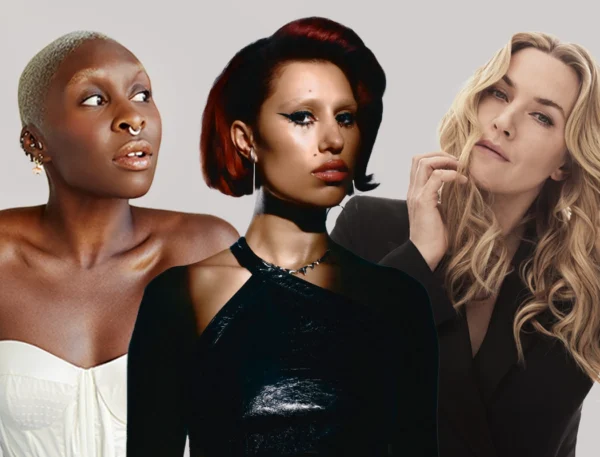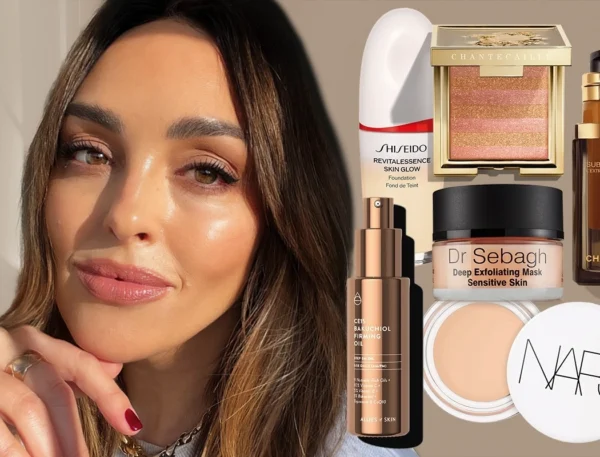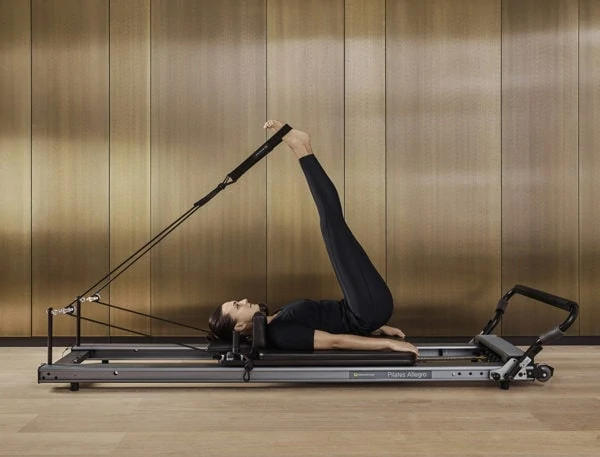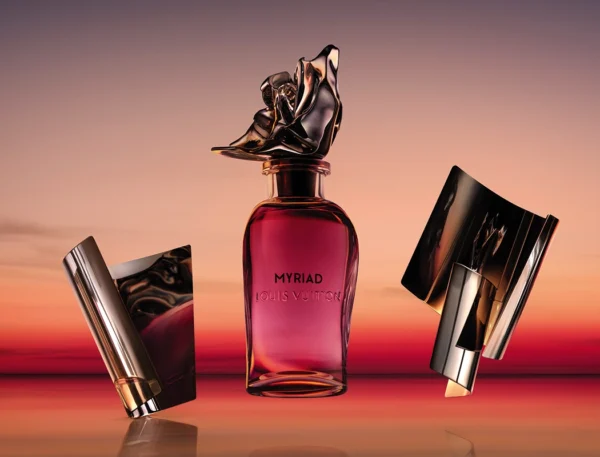With the global cosmetics industry generating 120 billion units of packaging every year, the need to prioritise plastic-free beauty brands has never been more urgent. The responsibility falls on companies and consumers to make smarter choices, but with plastic-free solutions becoming more accessible, the future’s looking brighter. To mark Plastic Free Beauty Month, here is our edit of the innovative brands leading the way when it comes to sustainability.
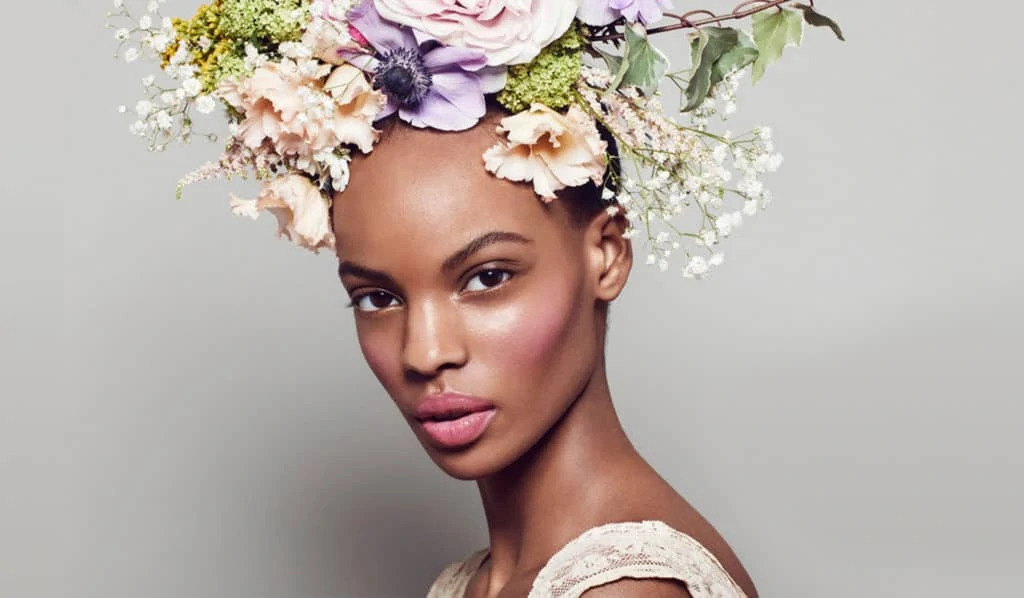 Pin
Pin The beauty industry’s amount of waste is coming to light in new statistics unveiled to the shock of consumers. Recycling company TerraCycle reports that the worldwide beauty industry generates 120 billion pieces of packaging per year, with 8 million pieces of plastic entering the ocean each day. Over the course of a year, this equates to a staggering 12.7 million tonnes of plastic, which has already caused irreparable damage to the world’s ecosystem and marine life. It’s estimated that 1 million seabirds and 100,000 marine animals die every year from plastic pollution, while up to 100% of baby sea turtles are thought to have plastic in their stomachs.
With these figures set to grow exponentially alongside plastic production – it’s estimated that annual plastic waste will surpass 700 million tonnes by 2034, and there will be more plastic in the sea than fish – it’s more essential than ever that we find sustainable solutions to replace plastic use and reuse what we can. It’s up to both companies and consumers to make change happen. Beauty brands must take a closer look at their supply chains and find ways to reduce their waste, while consumers must be more conscious about plastic free beauty and their disposal habits. It’s believed that 56% of Britons neglect to recycle their bathroom products as a matter of convenience. Looking at lipsticks alone, around one billion cases are discarded yearly, most of which end up in landfill where they take 400-500 years to degrade.
Ahead of July’s Plastic Free Beauty Month, which urges us to shun plastics and share how we repurpose empties, we’ve rounded up the beauty brands leading the way in plastic free beauty packaging.
THE GLOSSARY EDIT
THE PLASTIC FREE BEAUTY PIONEERS
These exciting beauty brands are leading the way when it comes to plastic free beauty with innovative packaging alternatives and strong sustainability practices
Floral Street
Floral Street is an independent, eco-conscious fragrance house, leading the way in sustainable scents and plastic-free beauty. Embracing the natural power of flowers, fragrances and home scents conjure different floral bouquets, from the citrusy Sunflower Pop, made in collaboration with the Van Gogh Museum, to the elegant White Rose candle. Founded by British beauty powerhouse Michelle Feeney, the sustainable brand is built around the ‘five Rs’ – rethink, reduce, reuse, repurpose and recycle.
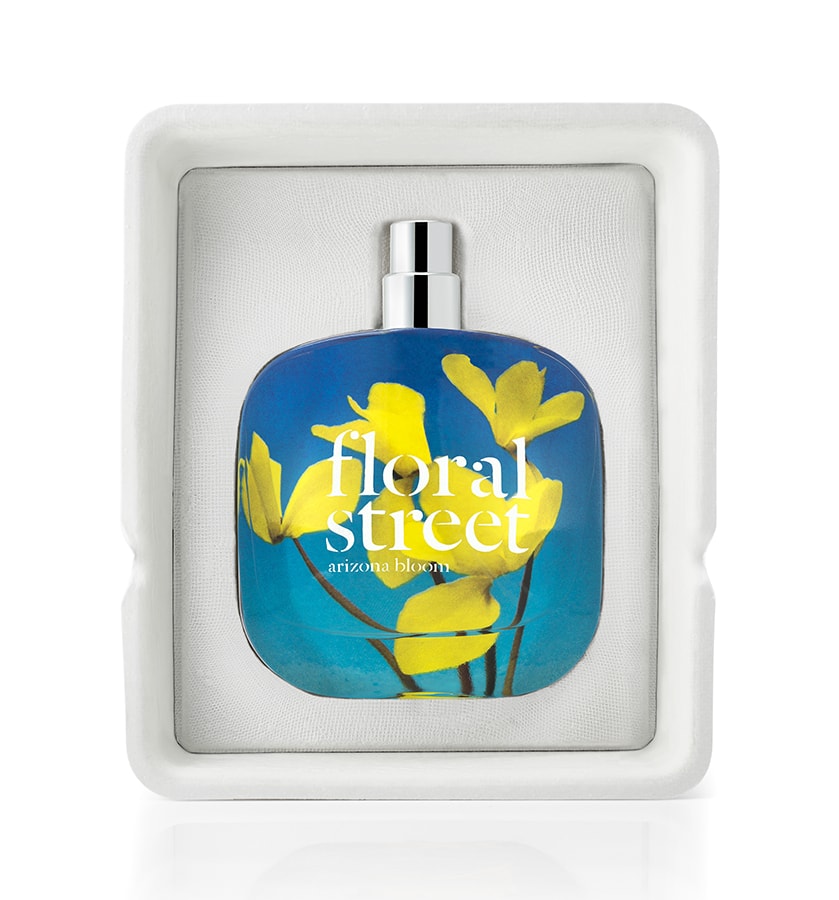 Pin
Pin Arizona Bloom
£60
This ethos extends to the plastic-free packaging, which is made from compostable pulp recycled from responsibly managed forests. The brand also uses sustainably sourced FSC-certified carbon balanced paper and has removed tamper seals on its cartons. Self-described as plastic neutral+, the only plastic involved at Floral Street is a small tube inside the fragrance bottle – and that’s only because there is currently no alternative on the market. To compensate, they’ve partnered with CleanHub to help retrieve 230,000 half litre plastic bottles from the oceans.
Sbtrct
Since 2020, British solid skincare brand Sbtrct (pronounced ‘subtract’) has offered innovative vegan skincare solutions that are high performance yet kind to the planet. Founded by industry veteran Ben Grace (a founding partner of men’s skincare brand Bulldog), the company operates a zero waste, cruelty-free, plastic-free beauty business model, while its products are soap-free, palm oil-free, vegan, compostable and waterless.
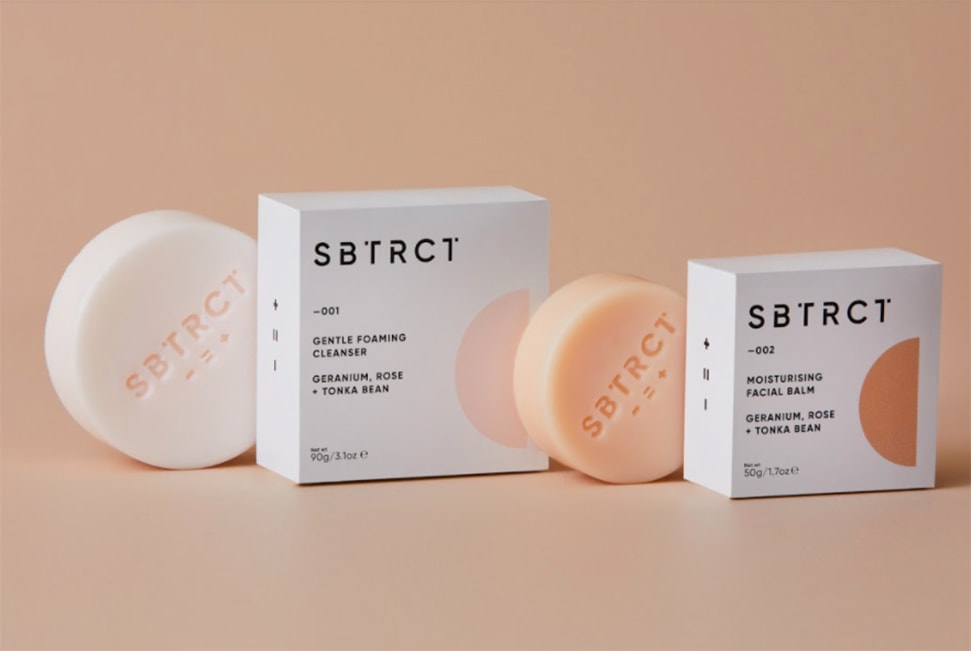 Pin
Pin The brand has won awards for its products, which include dermatologically-tested cleaners and facial balms – all 100% made in the UK using natural or plant-derived ingredients such as coconut oil, shea butter, squalane and glycerine. It also makes eco-conscious bathroom accessories such as porous soap dishes made from fossilised algae – a material which is antibacterial and mould resistant – and sustainable magnetically sealed bamboo pots.
Kjaer Weis
Created in 2010 by Danish makeup artist Kirsten Kjaer Weis, this luxurious, organic cosmetic brand houses its cream and powder formulations in reusable and recyclable cases. Designed to last for life the sturdy Iconic Edition cases, for example, are refillable – simply pop different shades in and out when you want to switch up your makeup routine.
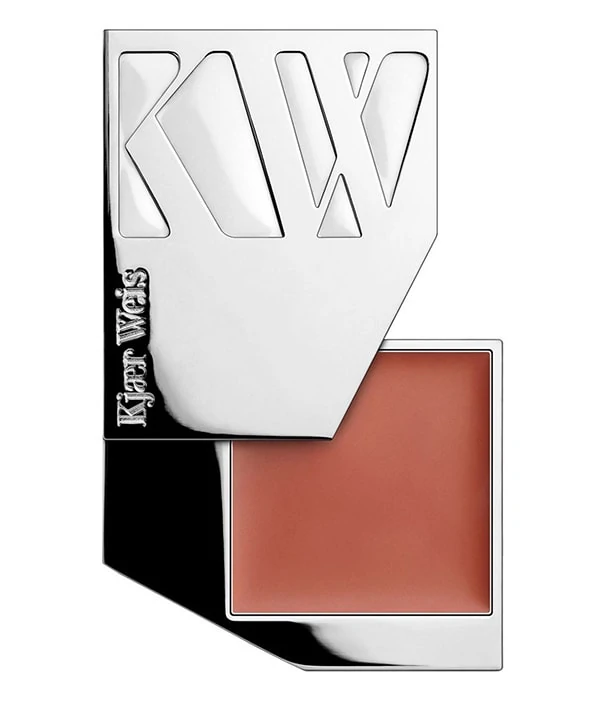 Pin
PinCream Blush
£41
Then there are the Red Edition compacts, made from lightweight, compostable paper that is lacquered to look like leather, which can be filled with cream bronzers, foundations and more. Even the brand’s cartridge refills are recyclable – they’re made from recycled compressed paper pulp – while the products themselves are certified organic and natural, meaning they’re as kind to your skin as they are to the planet.
Haeckels
Based in Margate, the cult British natural skincare and fragrance brand Haeckels uses local, hand-picked seaweed in its products. It also does its best to ensure consumers receive as little waste as possible with every purchase, rather than placing the emphasis on recycling it when it arrives. All their packaging is made from glass. Algae is used to create bottle seals and mycelium, a completely biodegradable, fungus-like bacteria, is grown and formed into protective moulds for packaged deliveries.
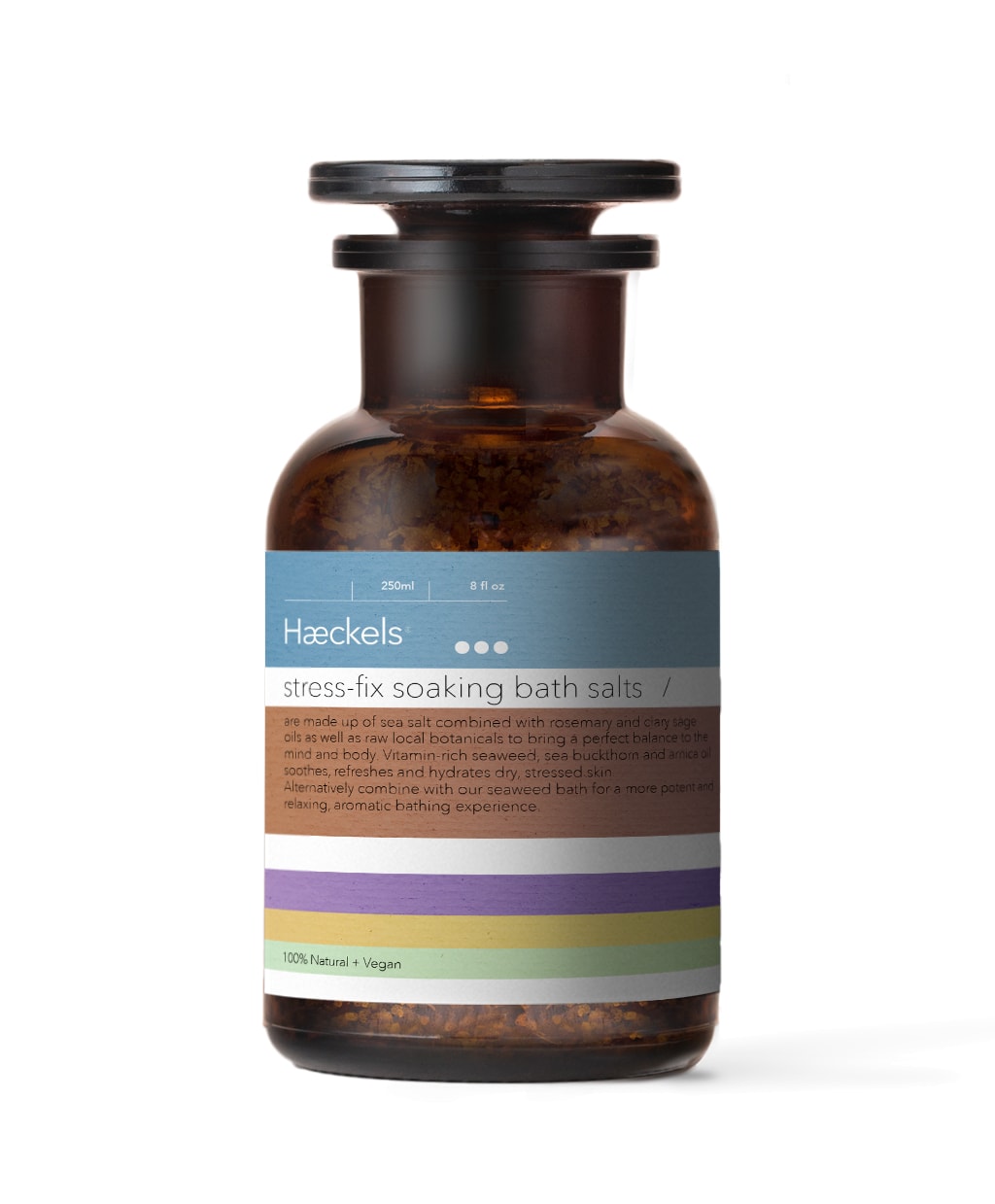 Pin
PinStress-Fix Soaking Bath Salts
£30
This sustainable approach also extends to their innovative skincare. The beauty disruptor recently introduced its Lab range, formulated with ingredients that have been cultivated in a laboratory to reduce carbon emissions. The products contain Spiraglow, algae that’s bio fabricated in-house to hydrate, smooth and moisturise skin, and is far less resource intensive than its ‘natural’ counterpart.
Bybi
When vegan skincare brand Bybi first launched in 2017, its pioneering packaging certainly caught the attention of consumers. And rightly so. This was one of the first beauty brands to use a bioplastic derived from sugarcane, which offsets 4,800 tonnes of carbon emissions through the growing of the plant. Little surprise this plastic alternative has since been adopted by multiple other brands.
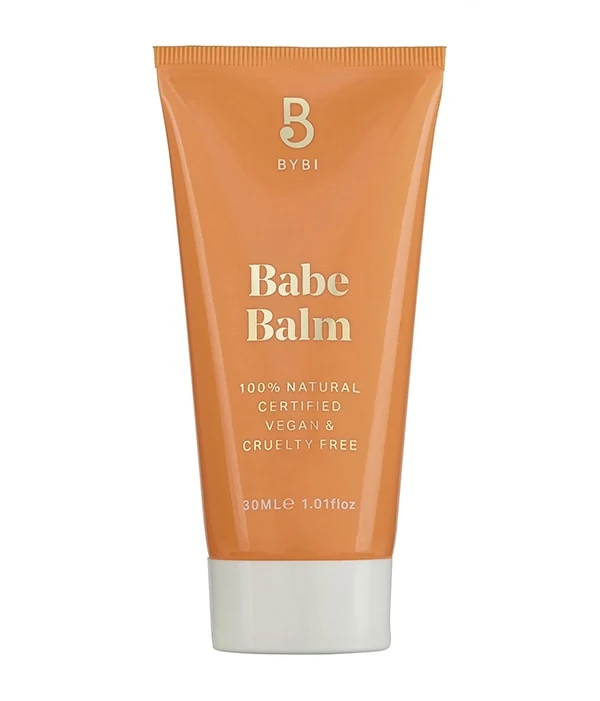 Pin
PinBeauty Babe Balm
£18
Bybi also used glass in its packaging, a natural material that can be recycled repeatedly, and the brand prints its wording directly onto the bottles instead of using labels, which are usually coated in plastic and are not recyclable. Evidently, eco-friendly innovation is at the core of the brand – their latest great success is creating the world’s first carbon negative skincare product, a brightening facial oil called Glowcurrant Booster that captures more carbon than it emits.
Kankan
Taking a totally new approach to plastic-free beauty is Kankan, the refillable body cleanser and hand wash brand that sends you your refills in a beautifully designed aluminium can. Launched in 2020, the handmade soaps feature scented, all-natural ingredients like chamomile, lavender and juniper, and for each sale a tree is planted through the One Tree Planted initiative.
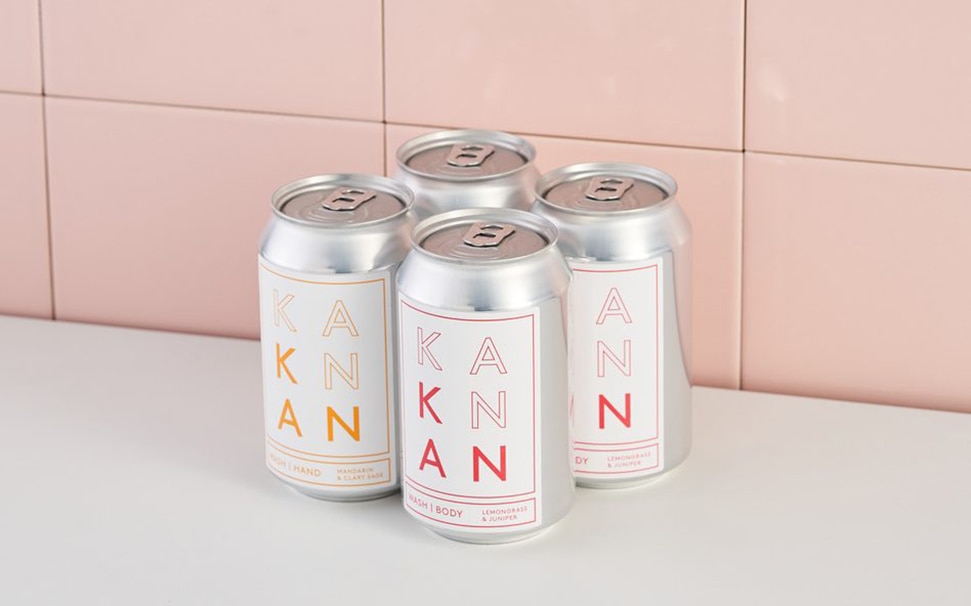 Pin
PinAluminium is being heralded as the best plastic alternative for many sustainable beauty brands; whereas only 9% of plastics ever made have been recycled, 75% of aluminium produced is still in use today, and recycling only requires 8% of the energy needed to create it from scratch. And while the Kankan reusable pump isn’t aluminium, it’s made from post-consumer plastics and is designed to encourage consumers to refill and reuse.
We Are Paradoxx
Environment-first, Belfast-based, vegan haircare brand We Are Paradoxx was founded by Yolanda Cooper in 2019, who is also behind Plastic Free Beauty Day. Formulated with natural ingredients native to Ireland such as hops, clover, moss and whiskey, sustainability lies at the heart of this future-forward brand.
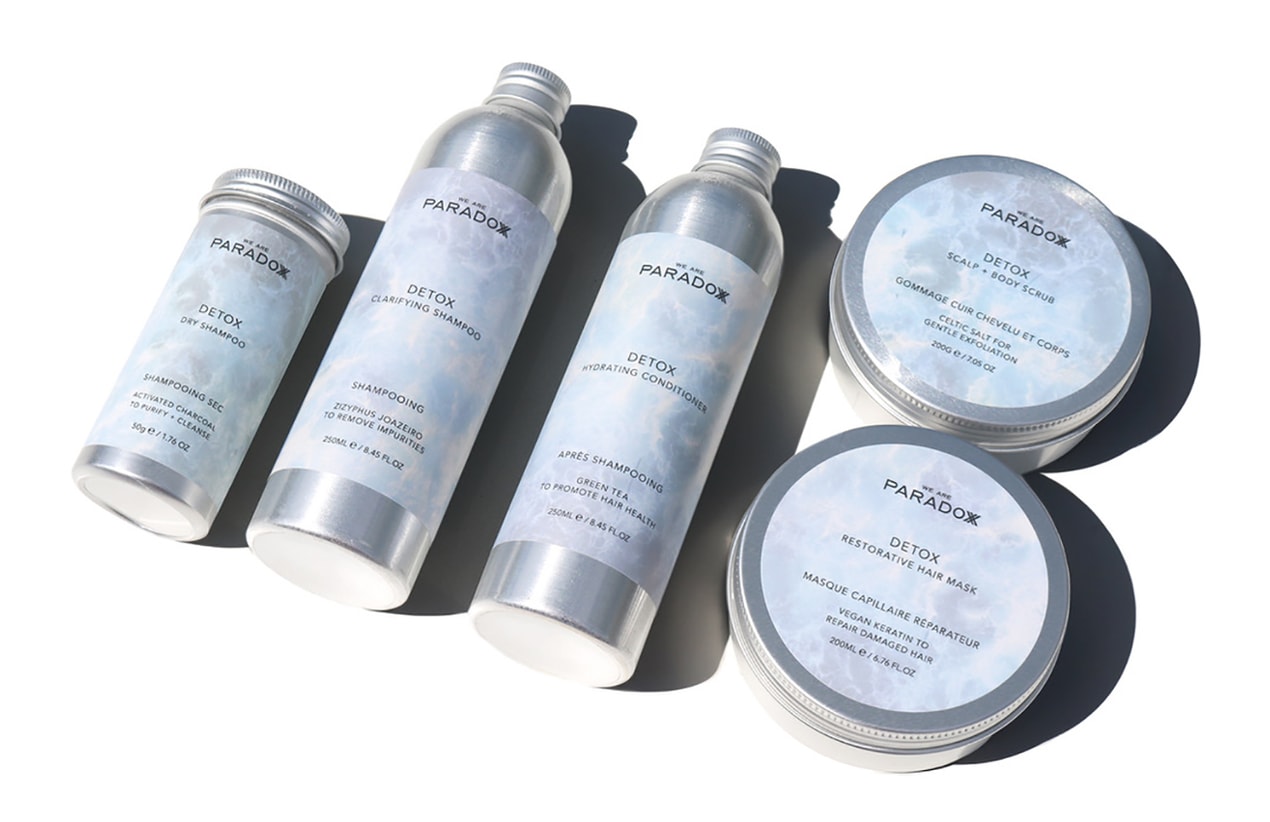 Pin
PinThe products are housed in aluminium, the only material that can be recycled infinitely. What’s more, the smart designs mean that products can also be refilled and reused endlessly, finding new life as shower gel dispensers, toothbrush holders or hip flasks. The brand is also an active member of 1% For The Planet, an organisation that delivers funding directly to various environmental charities, through which they donate 1% of their annual revenue to green causes.
Axiology
The award-winning plastic-free beauty brand began out of founder Ericka Rodriguez’s love of lipstick. After teaching herself how to make vegan formulas, she launched her first line of the popular makeup product. But she was shocked to discover the amount of plastic waste the beauty industry produces, and the high volume that lipsticks contribute to the problem. According to the stats, around one billion lipstick cases are discarded yearly, most of which end up in landfill where they take up to 500 years to degrade.
Determined to go plastic-free, in 2022 Axiology launched Balmies, a perfectly pigmented lip-to-lid crayon that is 100% vegan, cruelty-free, palm oil-free and is zero-waste. All the signature bright red boxes are made from recycled detritus by a women’s cooperative in Bali, Indonesia (where Rodriguez used to live). You can, of course, refill your case to your heart’s content.
AKT
Founded by West End performers Ed Currie and Andy Coxon, who were dissatisfied with the poor quality of deodorants they were using to get through hours of gruelling rehearsals, the London-based brand is committed to creating premium, performance-driven solutions. The result is The Deodorant Balm, a natural deodorant that is vegan and cruelty free.
Packaged in aluminium tubes that are durable, portable and recyclable, the balms come in a choice of five different fragrances and use nourishing plant-derived ingredients making them ideal for sensitive skin. For an even more luxurious experience, you can purchase their Gua Sha-esque Applicator that helps you apply the balm whilst providing lymphatic drainage, too.
Oway
The Italian biodynamic hair brand has been championing glass and aluminium packaging since 2018 – indeed, it’s the first and only professional agricosmetic brand to do so. Any papers they use are eco-certified, such as FSC, and Tree Free, deriving from food production waste. Oway has also long been on a mission to spread the word and create a global network of plastic-free salons and spas.
Oway approaches their range of beauty and skincare lines in the same ethical way as their packaging. Everything, they say on their manifesto, comes from the earth and is created by humans. Hair, face and body products are enriched with nutrients and antioxidants, many of which use upcycled natural ingredients that are typically discarded, such as olive pits, wild apple seeds and orange pulp.
Ffern
Proving that you can still have the luxurious experience without the plastic packaging, the Somerset-based natural fragrance maker has gained a cult following for its seasonal creations. To eliminate waste and stay focused on traditional, small-batch production methods, the brand operates a ledger system, where you must get a space on their limited client list to receive the quarterly fragrances. Inspired by different memories or destinations, the fragrances are blended using the highest quality, sustainably sourced, natural ingredients.
The Summer 2023 fragrance is grounded in the prized osmanthus Chinese tree and captures the season with an intoxicating mix of grapefruit, lemon rind, basil and bergamot. The first perfume maker to eliminate plastic waste, the bottles are sent in mycelium (mushroom root) trays that are fully compostable, and the glass bottles are cap-free, instead cased in a recyclable paper tube. Each bottle also comes with a recyclable leaflet to explain the story behind the perfume, and a diffusion stone to scent your home.
Forgo, meaning ‘to do without’, is at the forefront of hand washing. The sustainable subscription-based personal care service, which launched in 2020, produces powder-to-liquid hand wash in plastic-free paper refills – simply mix the powder with water to create a foaming cleanser. Designed to replace traditional hand wash, many of which are stored in single-use plastic bottles, Forgo products remove the issue of plastic packaging.
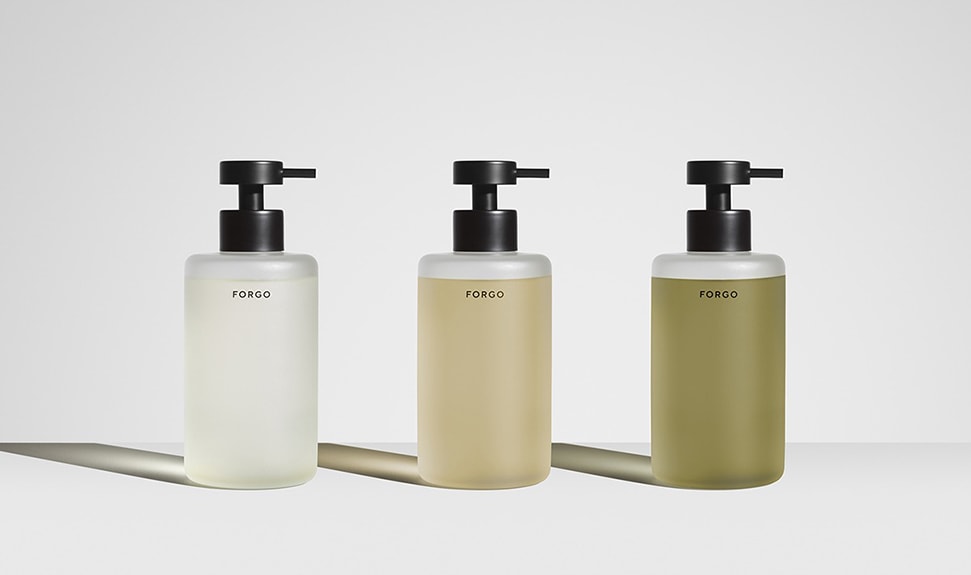 Pin
Pin The powder, which comes in three scents – neutral, citrus and wood – is made from excess fruits rescued from the juicing industry and wood scraps. Raw ingredients go through a method of subtraction to reduce it down to a concentrated powder that’s easy, and light, to transport. One refill emits 85% less Co2e than a new bottle of soap from a traditional brand. The powder is packaged in recycled paper, and you can even buy an elegant (and compostable) Forgo bottle to store your hand wash once mixed.
